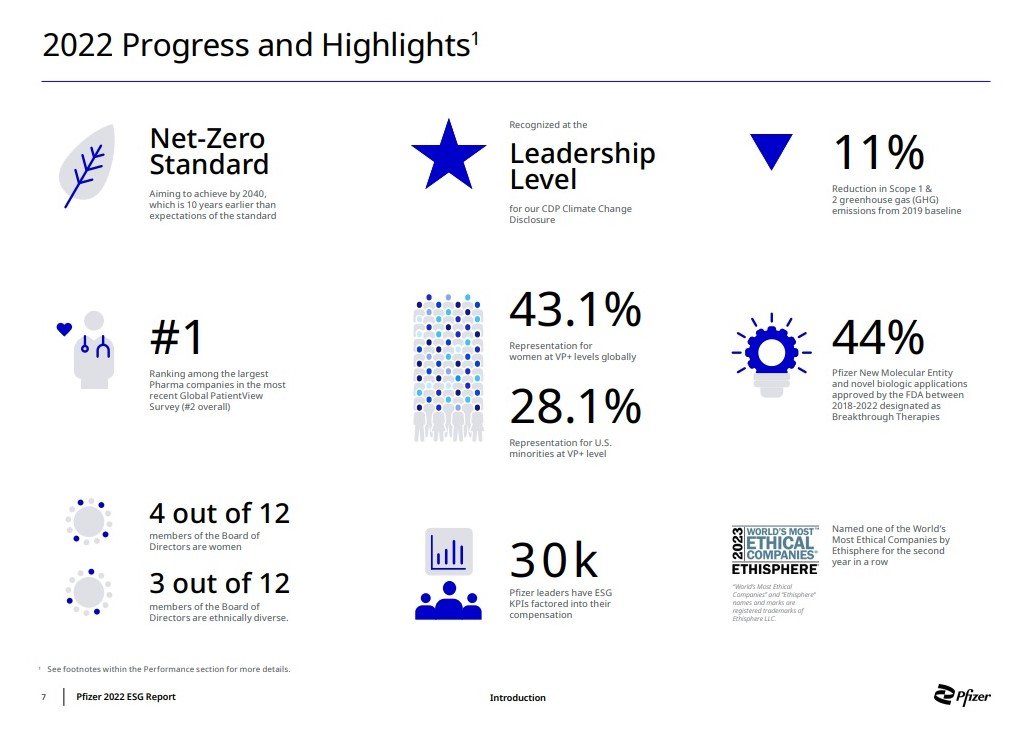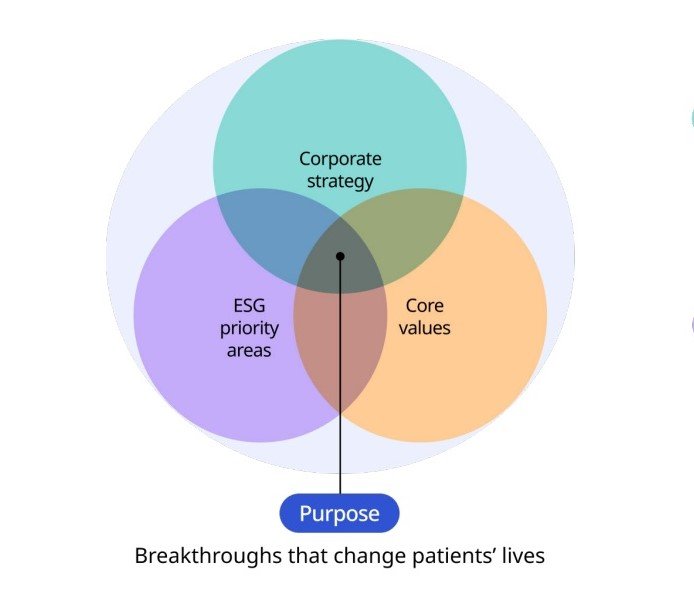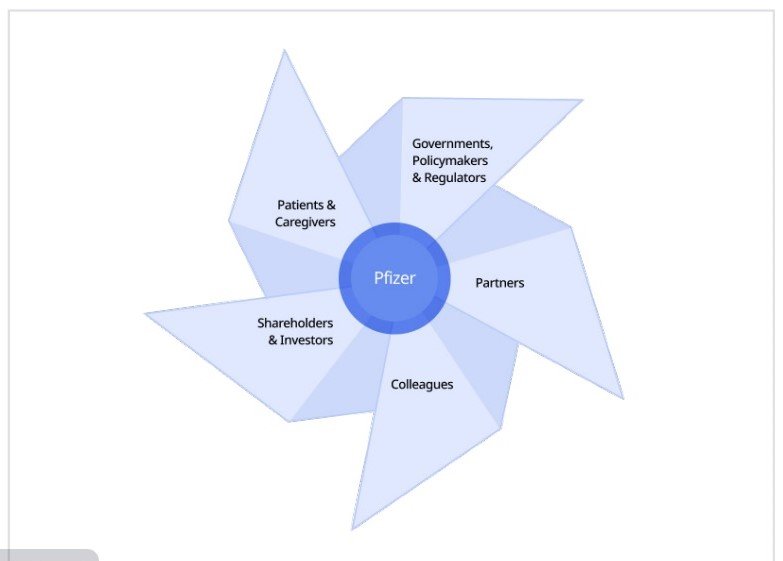Pfizer has taken 10 bold steps in the fight against climate change, including the commitment to achieve net-zero emissions by 2040 and other impactful measures.
Established in the year 1849, the 173-year-old multi-billion drug-making conglomerate has its headquartered in Brooklyn New York. The oldest and largest pharmaceutical, medical, and health solution provider has a rich history of innovation, research, and life-saving products. Pfizer which was founded in 1849 is leading the charge in the fight against climate change by committing to achieving the Net-Zero Standard by 2040, ten years ahead of schedule.
To achieve this goal, the over-a-century-old global pharma group intends to decrease its GHG emissions by 95% and value chain emissions by 90% from the 2019 levels. This commitment aligns with the Science Based Targets initiative (SBTi), and under ESG mission Pfizer plans to seek SBTi validation of their Net-Zero target in 2023.
According to their comprehensive ESG report 2022, Pfizer is committed to environmental, social, and governance (ESG) initiatives.
A Comprehensive Approach to Environmental Sustainability
***
Drug development pioneer has a holistic approach to environmental sustainability that includes efficiency improvements, sustainable facility design, low-carbon technology investments, and clean energy sourcing.
They are also urging their suppliers to set ambitious GHG reduction targets and have integrated environmental criteria in their supplier sourcing, contracting, and performance management processes.
The US-based pharma conglomerate hopes to achieve a 95% reduction in emissions with these efforts. The healthcare innovator has set an ambition of achieving a 90% reduction in value chain emissions by 2040.
“In June 2022, we announced our aim to achieve the voluntary Net-Zero Standard by 2040, ten years earlier than the timeline described in the standard,” said Dr. Albert Bourla, Pfizer Chairman & Chief Executive Officer

Investing in Low-Carbon Technologies and Clean Energy
***
Pfizer is investing in no / low carbon technologies at their sites and in programs that enable the sourcing of clean energy from renewable sources. In addition to their other eco-friendly initiatives, Healthcare technology innovator has set their sights on a bold and ambitious target – to generate a whopping 80% of their electricity from renewable sources by 2025, and ultimately reach 100% by 2030.
Pfizer has entered into a virtual power purchase agreement with Vesper Energy in the US and is also working to establish virtual PPAs in Europe.
Accelerating Change Across the Supply Chain
***
Pfizer is driving change across its supply chain, urging 64% of its suppliers by spend to set science-based GHG emission reduction goals by 2025. The company also conducts life cycle assessments to define environmental sustainability criteria across the product lifecycle for small molecules, large molecules, vaccines, and devices.

Also Read: Philanthropic Giving for Climate Change on the Rise in India – India CSR
Making Medicines Accessible and Affordable
***
Pfizer measures itself not just by creating breakthrough medicines and vaccines but also by ensuring access to those critical innovations. The company has a modernized approach to access, focused on affordability and delivery for patients with the greatest coverage gaps and out-of-pocket exposure.
Pfizer engages in global commercial access partnerships and advocates with payers, governments, and others in the healthcare system on behalf of patients to identify and relieve financial burdens.

Ethical Decision-Making Framework
***
Pfizer’s ethical decision-making framework is based on values-based decision-making that promotes accountability and ensures that integrity, quality, safety, and ethics are foundational to all the company does.
The company has a Code of Conduct (the Blue Book) and related policies, procedures, and training designed to support these values, including courage, excellence, equity, and joy.

Ethics and Compliance Program
***
Pfizer’s ethics and compliance program is structured around eight fundamental elements, which form the framework for effective compliance and risk management. The company’s ethics and compliance expectations represent a shared undertaking and drive accountability on the part of all colleagues.
Pfizer demonstrates its commitment to accountability and transparency through its governance structure, which includes a Chief Quality, Compliance & Risk Officer who reports directly to the CEO and is a member of the Executive Leadership Team.

Ongoing Commitment to Accountability and Transparency
***
Pfizer’s ethics and compliance program is overseen by a dedicated Regulatory and Compliance Committee of the Board, which helps support the impartiality and independence of the program.
The company regularly engages independent third parties to assess its ethics and compliance program against standards established by governments, rating agencies, and industry best practices. Pharmaceutical research pioneer continues to uphold its commitment to accountability and transparency in every aspect of its operations through these endeavors.
***
Innovation for Patients and Global Health
***
Quality, integrity, and proactive risk management drive Pfizer’s efforts to enable innovation for patients and global health. The pipeline of ground-breaking medicines and vaccines from the 173 years old clinical research organization reflects its unwavering commitment to science and innovation.
The life sciences powerhouse pipeline includes potential cancer treatments, rare disease treatments, and other critical health needs. The topmost Medicines manufacturer provides various financing options for medical costs, including flexible payment plans, peer-to-peer lending, microfinancing, subscription models, and differential pricing.
These methods assist patients in lowering their out-of-pocket expenses over time. The company which operates in more than 175 countries is collaborating with payers, governments, and other stakeholders to ensure affordable access to medicines and vaccines for the public good.
Conclusion
Pfizer, which has a broad portfolio of medicines and vaccines has pledged to reduce greenhouse gas emissions. It is aiming to achieve the Net-Zero Standard by 2040. These are fundamental steps made by a versatile pharma leader in the fight against climate change. A multinational pharmaceutical firm that has a significant presence in India is careful about minimizing its impact on the environment.
This is accomplished through a comprehensive approach to environmental sustainability. The sustainability priority includes investments in low-carbon technologies and clean energy, as well as encouraging its supply chain to achieve the purpose. Pfizer’s commitment to making medicines accessible and affordable and its innovative financing mechanisms are helping to ensure that patients have access to the critical treatments they need.
The company’s ethical decision-making framework, ethics and compliance program, and commitment to accountability and transparency ensure that its operations are conducted with integrity, quality, safety, and ethics as foundational principles.
An innovative biopharmaceutical company is dedicated to creating innovative treatments and vaccines that improve global health. With the diver’s portfolio of breakthrough medicines, the global drug innovator continues to lead the way in this field. Such lasting commitment shows that the mammoth healthcare technology innovator has been committed to building a healthier and equitable and sustainable future for key stakeholders.
(Copy Right @ India CSR)







